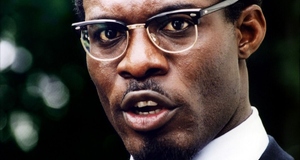From JournalQuestCornell International Affairs ReviewJournal DescriptionEstablished in the Fall of 2007, the Cornell International Affairs Review is a bi-annual international affairs journal that publishes the work of experts, professors, graduate students, and undergraduates from around the world. The journal is managed by a team of undergraduate and graduate editors who select pieces which not only make astute observations concerning but also critically question international affairs. Published ByCornell University WebsiteJournalQuest is a free program to help academic student publications increase online readership and distribution. If you are interested in enrolling a journal at your school, please visit the JournalQuest website. LATEST ISSUE2017 - VOL. 11 NO. 1
|



























